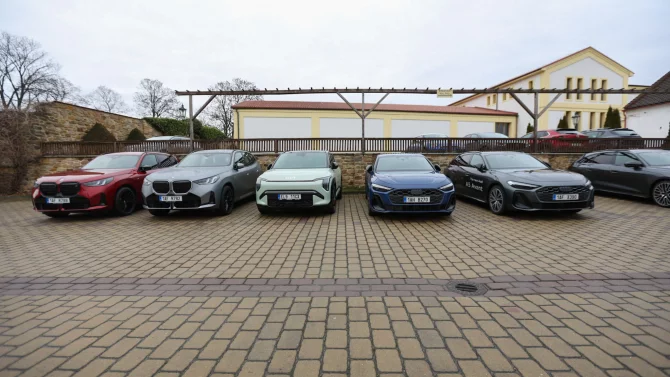By Matt Reynolds
WARSAW, Dec 1 (Reuters) - Growth in the manufacturing sectors in central Europe's two biggest economies picked up in November, rebounding from dips earlier this year and boding well for a continuation of strong economic growth in 2007.
The Purchasing Managers' Index (PMI) of sector sentiment, compiled by NTC Research, hit a five-month high of 55.3 points in Poland, up from 54.7 in October. In the Czech Republic it rose to 55.6, up from a nine-month low of 54.6 in October.
However, in the region's third-biggest economy, Hungary, the locally-produced index slowed to 51.7 points from 54.4, burdened by the effects of a government belt-tightening programme to put public finances back on track.
A figure above 50 indicates expansion on the previous month and a number below 50 signals contraction.
"Growth in the region remains robust," said Lars Christensen, regional analyst at Danske Bank in Copenhagen.
"The exception is Hungary, where it is slowing as expected because of tightening of fiscal policy and tight monetary conditions."
Hungary has lowered spending to cut its bloated budget deficit, the biggest in the European Union. Since May, its central bank has raised rates 200 basis points to 8.0 percent to fight inflation that was 6.3 percent year-on-year in October.
In the Czech Republic, the economy is seen growing at around 6 percent in 2006 as a whole, down from a 7.1 percent expansion in the first quarter when a strong pickup in car and other manufacturing exports propelled growth.
Growth in Poland picked up to 5.8 percent in the third quarter and analysts expect full-year growth to reach 5.5 percent, trouncing a 4.3 percent forecast in the government budget.
RATE RISE AHEAD?
A divided Polish central bank has resisted tightening borrowing costs to cool the economy this year. Analysts now expect it will raise its main interest rates from a record low of 4.0 percent at the end of the first quarter.
ABN AMRO economist Zsolt Simon said Thursday's data would bolster the view that price pressures are mounting and that the bank must act to ensure inflation does not rise above its 2.5 percent target.
The survey's output price index rose to 56.2 from 55.9 in October, pushed higher by steeper costs for raw materials, the report said.
"The renewed increase in output price inflation signals continued cost-push inflation pressures, which could be passed on to consumer prices at a later stage," Papp said.
In Hungary, where the government sees year-end growth at just 2.2 percent, many analysts think a cycle of monetary tightening is over.
In the Czech Republic, analysts see a 25 basis point rate rise sometime in 2007 after 75 basis points of rate hikes between October 2005 and September 2006 raised its two-week repo rate to 2.50 percent. (Reporting by Matt Reynolds, Reuters Messaging: matthew.reynolds.reuters.com@reuters.net, tel. +48 22 653 9715;editing by Gerrard Raven))
Keywords: MANUFACTURING PMI/EASTERNEUROPE




 Youtubeři zkoušeli, jestli nastartují Tatru 138 odstavenou osmnáct let. Výsledek nikoho nepřekvapí
Youtubeři zkoušeli, jestli nastartují Tatru 138 odstavenou osmnáct let. Výsledek nikoho nepřekvapí
 Test Hyundai Santa Fe 1,6 T-GDI Hybrid: má recept na úspěch i bez naftového motoru?
Test Hyundai Santa Fe 1,6 T-GDI Hybrid: má recept na úspěch i bez naftového motoru?
 Povinnosti účastníků provozu účastníky provozu mnohdy zaskočí. Dnešní kvíz prověří, jestli své povinnosti znáte
Povinnosti účastníků provozu účastníky provozu mnohdy zaskočí. Dnešní kvíz prověří, jestli své povinnosti znáte
 „Přišel pěšky, odjel vlastním vozem“: slogan autobazarů měl charakterizovat prodeje ojetin v Československu
„Přišel pěšky, odjel vlastním vozem“: slogan autobazarů měl charakterizovat prodeje ojetin v Československu
 Je Kodiaq favorit? V ČR se hledá nejlepší auto pro rok 2025. Ve hře je i brutální elektromobil nebo klasické SUV
Je Kodiaq favorit? V ČR se hledá nejlepší auto pro rok 2025. Ve hře je i brutální elektromobil nebo klasické SUV
